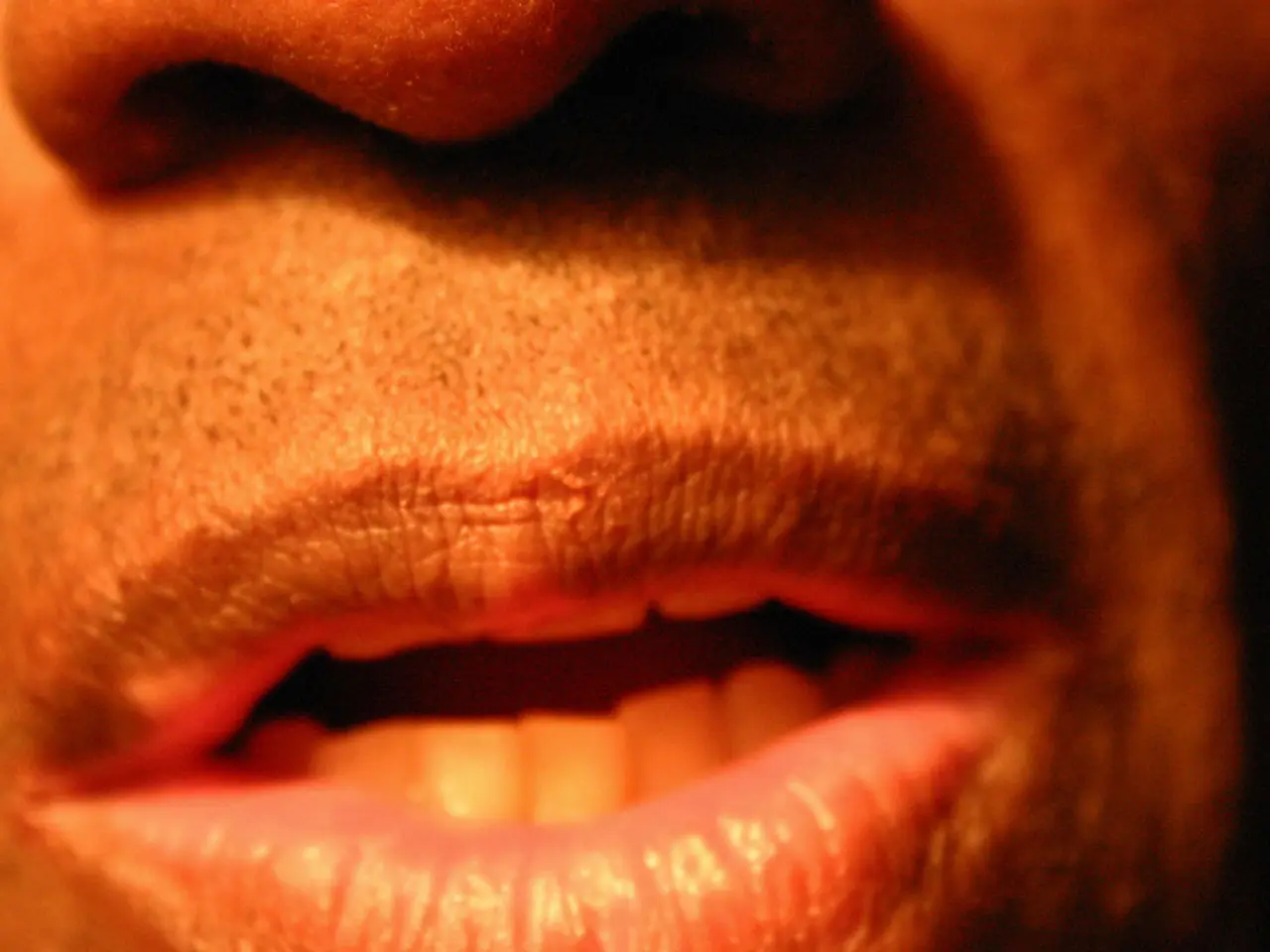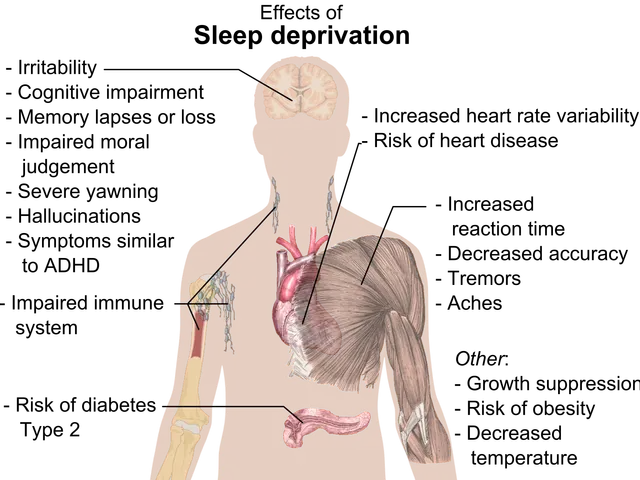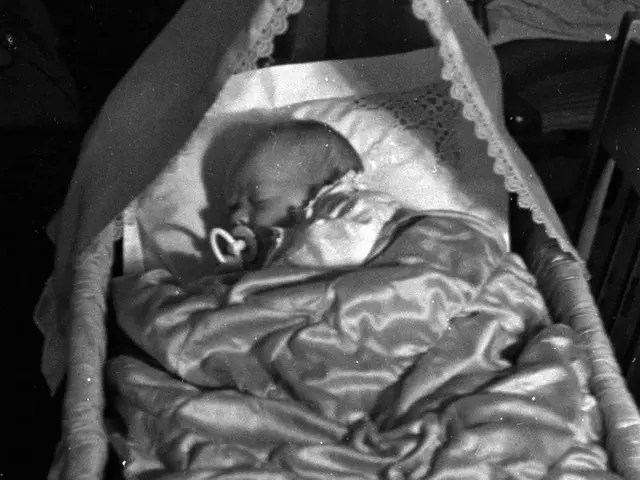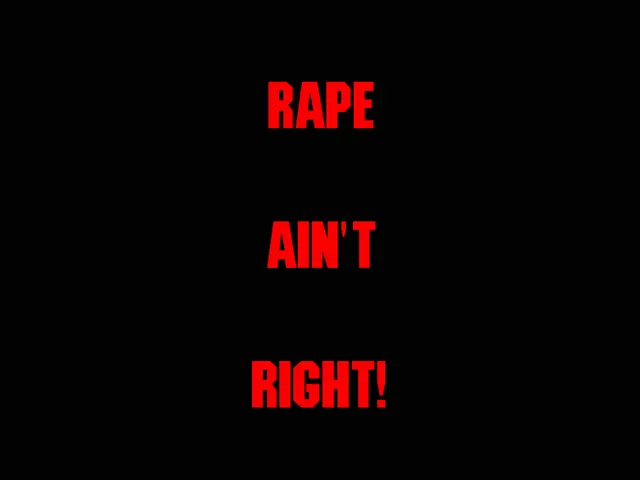Mouth Breathing at Night Linked to Serious Health Issues
Mouth breathing, while seemingly innocuous, can lead to various health issues, especially during sleep. It's linked to snoring and potentially serious conditions like obstructive sleep apnea. Here's what you need to know.
Mouth breathing at night can cause dry mouth, bad breath, and oral health problems. It's also associated with more snoring, which can disrupt sleep and lead to daytime fatigue. Moreover, it bypasses the nose's natural filtering system, allowing dust and allergens to reach the lungs.
Obstructive sleep apnea, a serious condition where breathing repeatedly stops and starts, is linked to both open-mouth breathing and snoring. It's typically treated with a CPAP machine, which provides continuous positive airway pressure.
While mouth breathing in adults isn't usually a major health problem, it's generally better to breathe through your nose. This can be achieved through exercises or using devices like CPAP machines or specific mouthpieces, under medical guidance.
Taping your mouth shut to force nose breathing isn't recommended due to lack of evidence and potential risks, such as making sleep disorders worse or causing suffocation. It's important to determine the cause of mouth breathing and consider getting a sleep test.
Mouth breathing can lead to several health issues, including dry mouth, bad breath, oral health problems, snoring, and potentially serious conditions like obstructive sleep apnea. While it's not usually a major health problem in adults, it's better to breathe through your nose. If you struggle with mouth breathing, consult a healthcare provider for advice and potential treatments.
Read also:
- Wiesbaden Hosts Free Info Evening on Care & Guardianship Planning
- Actively Black's Lanny Smith Declares NYFW Show 'Not a Fashion Show', but a Civil Rights Tribute
- Upper Dublin Launches Tech Trek: A Digital Well-being Resource for Families
- iPhone Battery Life: Set Charging Limit to 90% or Less to Prolong Battery Health







